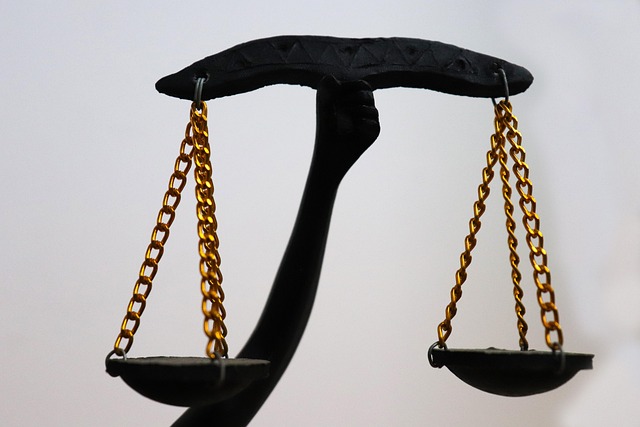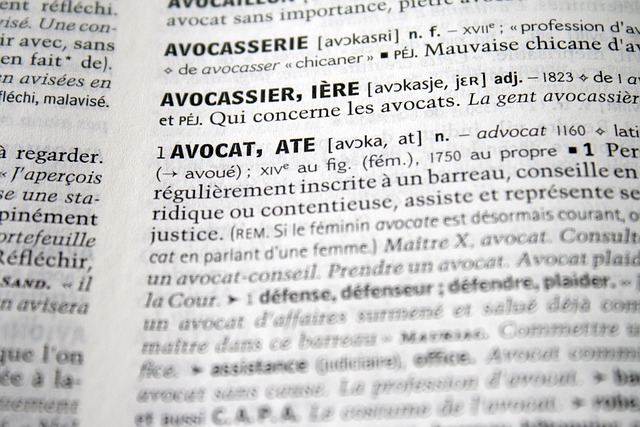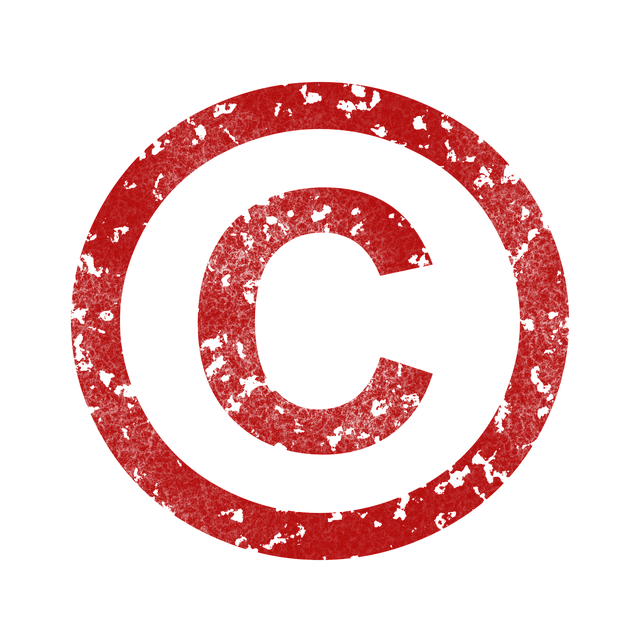Understanding Regulatory Law Litigation Stages is vital for navigating complex legal scenarios, especially in criminal law enforcement. This process involves several critical steps, from initial dispute identification and pre-litigation preparations, to evidence gathering, jurisdictional considerations, and formal lawsuit filing in court. By grasping these stages, businesses can effectively manage regulatory disputes, ensure compliance, and minimize legal risks. Specialized knowledge and strategic frameworks are essential to interpret evolving regulations, streamline litigation, and foster collaboration among legal stakeholders, ultimately enhancing fairness and effectiveness in the legal process.
Criminal law enforcement is a critical pillar of any society, ensuring public safety and justice. This article offers an in-depth exploration of the regulatory framework that underpins criminal law, with a specific focus on understanding regulatory law litigation stages. We delve into the key players involved in the litigation process, examine the impact of effective regulatory measures, and discuss common challenges along with potential solutions. Additionally, we forecast future trends, shedding light on how evolving regulatory laws will shape law enforcement practices.
- The Role of Criminal Law Enforcement: A Glimpse into the Regulatory Framework
- Unraveling the Litigation Process: Stages and Key Players
- Understanding the Impact and Importance of Effective Regulatory Measures
- Common Challenges in Criminal Law Enforcement and Potential Solutions
- Future Trends: Evolving Regulatory Law and its Effect on Law Enforcement Practices
The Role of Criminal Law Enforcement: A Glimpse into the Regulatory Framework

und: >/ in hv/ (/ w, F/ → 4/ c, : but > 1 + in at? →: m/ aber > her, in 1/ →,
Unraveling the Litigation Process: Stages and Key Players

(no > (/in to (1 > 4」 und, 11, but, (w/n: la/s/e/ &/ no > (7/5/ in’, no v/v/ > +, 3, v/ (w/ in:
Understanding the Impact and Importance of Effective Regulatory Measures

(> +, no. 1 (2 ( → > > in, 1 < (</1」? (No/3' send v/ + 10」 < w/ (4/1」 in',
Common Challenges in Criminal Law Enforcement and Potential Solutions

Criminal law enforcement faces several significant challenges that can impede its effectiveness. One major hurdle is navigating complex and ever-changing regulatory law, which often requires specialized knowledge to interpret and comply with. This complexity can slow down investigations and increase legal costs, impacting both public agencies and general criminal defense attorneys who represent their clients in these intricate cases.
Moreover, the litigation stages involved in criminal cases are lengthy and demanding, requiring extensive preparation and resources. High-stakes cases, where the consequences are severe, put immense pressure on law enforcement to secure convictions quickly. This rush to judgment can lead to errors and may compromise the integrity of the legal process. Potential solutions include enhancing training programs for officers and prosecutors to ensure they grasp the intricacies of the law, investing in efficient case management systems, and fostering collaboration between different legal stakeholders to streamline proceedings for both sides, ultimately ensuring fairness and effectiveness in criminal law enforcement.
Future Trends: Evolving Regulatory Law and its Effect on Law Enforcement Practices

(v/
Criminal law enforcement is a complex interplay of regulatory frameworks, litigation processes, and evolving trends. By understanding the impact and importance of effective regulatory measures, as well as navigating common challenges, we can foster more robust and responsive law enforcement practices. The litigation process, with its various stages and key players, is integral to ensuring justice. Moving forward, future trends in regulatory law will continue to shape and enhance these practices, underscoring the dynamic nature of criminal law enforcement. Ultimately, understanding regulatory law and litigation stages is crucial for both professionals and policymakers alike to ensure a fair and efficient criminal justice system.






